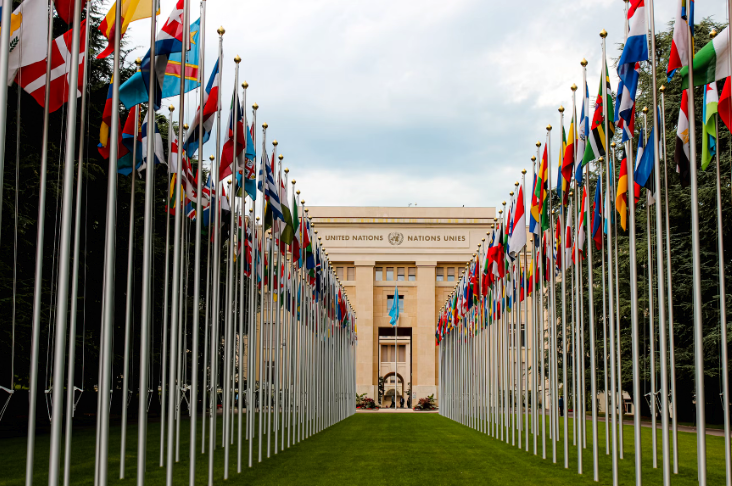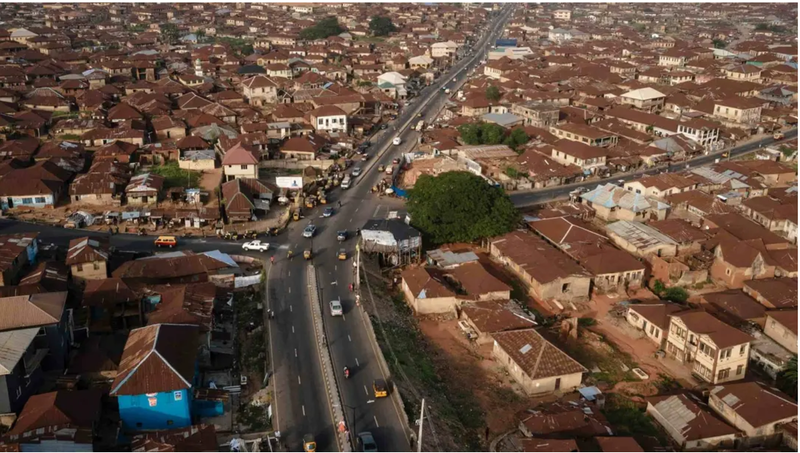UN Judge Says Rwandan Genocide Suspect Kabuga Unfit for Trial
On Monday, UN appeals judges ordered the indefinite suspension of the trial of 90-year-old Rwandan genocide suspect Felicien Kabuga, deeming him unfit for trial because he is suffering from dementia.

Facts
- On Monday, UN appeals judges ordered the indefinite suspension of the trial of 90-year-old Rwandan genocide suspect Felicien Kabuga, deeming him unfit for trial because he is suffering from dementia.1
- Kabuga, who's been held in detention at The Hague where his trial began last year, allegedly encouraged and funded the genocide of the Tutsi people. The court's decision likely means that his trial will never be concluded.2
- Once considered The Hague's most wanted man, Kabuga was able to evade capture for 23 years through the use of aliases, and resided in several countries before being captured in Paris in 2020. He is additionally accused of inciting the genocide via his radio station, Radio Télévision Libre des Mille Collines.3
- Prosecutors built a case alleging that, between 1992-1994, Kabuga was vocal in the anti-Tutsi campaign. While he did not physically participate in the genocide, it is claimed that his rhetoric led or contributed to the killing of 800k people over 100 days in 1994.4
- Though judges in June ruled that Kabuga would stand trial through a streamlined procedure, Monday's process concluded that decision was "in error of law." In addition to suspending the trial, the court also "instructed the trial chamber to expeditiously consider the issue of Mr. Kabuga's detention on remand."5
- While the court acknowledged the disappointment that their ruling would cause, it did state: "Justice can be delivered by holding trials that are fair and conducted with full respect for the rights of the accused."1
Sources: 1Al Jazeera, 2Associated Press, 3New York Times, 4CNN, and 5News24.
Narratives
- Establishment-critical narrative, as provided by The Conversation. The victims of the Rwandan genocide were right to be skeptical of the international courts. Proceedings were farcical from the time of his arrest — Kabuga should have been brought before those he harmed and been tried in Kigali instead of Europe. The suspension of his trial further proves UN courts cannot be trusted, only seeking to put on a show that vindicates them for their inaction in the deadly days of the Rwandan genocide.
- Pro-establishment narrative, as provided by Justice Info. When any person accused of committing a crime is unfit to stand trial, all proceedings must cease. While victims may not receive the closure they hoped for, continuation of the trial would have been inhumane and benefited neither history nor justice. If the accused cannot defend themselves or participate in the proceedings, the court becomes a host to a fact-finding presentation, rather than a vehicle towards legitimate punishment or justice.






